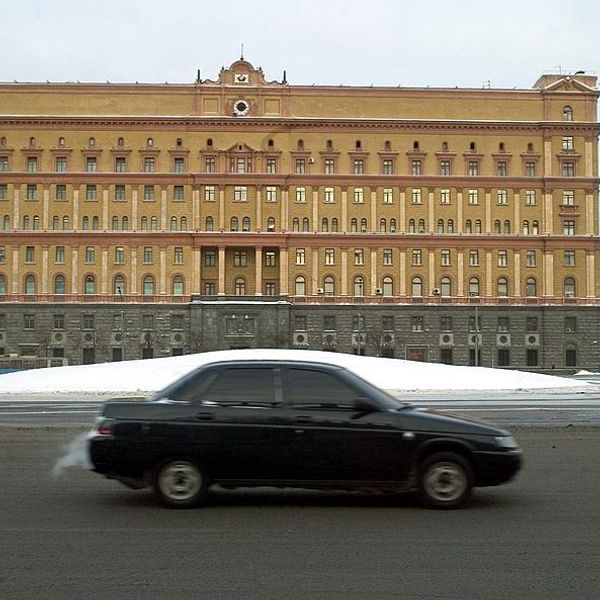Bottom Line Up Front
- As the last territory held by the so-called Islamic State is reclaimed, the issue of what to do with returning foreign fighters and their families is vexing the international community.
- The U.K. is considering stripping one of its citizens, Shamima Begum of her citizenship, and the U.S. is saying it won’t allow Hoda Muthana back into the country, contesting her claim to U.S. citizenship.
- It is against international law to strip a person of citizenship if doing so leaves them ‘stateless.’
- Part of the reluctance of taking back foreign fighters is that governments have failed to find success in dealing with deradicalization and reintegration.
Most Western nations’ counterterrorism measures are disproportionate to the threat and even counter-productive. The best illustration of this is the ‘Global War on Terror,’ launched in response to the attacks of September 11, 2001. The reaction has been poorly calibrated and reactionary, and it often exacerbates existing grievances or leads to new ones. In many cases, counterterrorism has become a grand strategy in and of itself, garnering the lion’s share of budgetary resources and supplanting the foundational beliefs of justice and due process. Now, as the so-called Islamic State’s (IS) caliphate crumbles, the international community is once again divided over how to deal with potential threats stemming from terrorism-related incidents. One of the most pressing issues at the moment is how to handle returning fighters and their families, including women and children. While experts have been discussing this thorny topic for years, generating cooperation and agreement has proven elusive.
The recent high profile cases of young women returning to their respective countries of origin is leading Western nations to grapple with formulating effective policy responses. Instead of preparing to determine the past culpabilities and future threat of these returnees, countries such as the U.S. and the U.K. have decided to refuse entry and/or attempt to strip returnees’ citizenship. When it comes to terrorism, elected officials show open distrust or disdain for civilian justice systems and courts—policies that have mostly proven effective and fair for prosecuting terrorism cases in open court. Moreover, these debates have been highly divisive among the public, from Washington to London. Some citizens are demanding a more punitive approach, while others stress the need to protect the core values of democratic nations: those very values that differentiate the U.S. and Europe from authoritarian regimes that contribute to the rise of groups like IS in the first place.
With headlines such as ‘ISIS Brides’ or ‘Jihadist Brides’, the U.K. and the U.S. are managing to marginalize the responsibility and agency of young women in joining a terrorist group well-known for sexual slavery and rape, all while exaggerating the threat of investigating their possible crimes while in Syria. Instead, the U.K. is openly considering stripping one such woman, Shamima Begum of her U.K. citizenship while the U.S. recently claimed a woman from the U.S., Hoda Muthana, is in fact not a U.S. citizen. While vehemently denying the return of citizens who traveled abroad to join terrorist groups might play well with domestic constituencies during election season, knee-jerk reactions and public statements offered before the evidence is considered is myopic at best and counterproductive at worst. International law forbids countries from stripping citizenship from people if doing so would make them ‘stateless.’ Begum is of Bangladeshi-descent but reportedly has no citizenship with that country; Muthana also appears to have no other citizenship other than the contested claim to the U.S.
Part of the reluctance of taking back foreign fighters and their families is that governments have failed to find success in dealing with controversial topics like deradicalization and reintegration. Even after years of commissioned studies, carefully planned interventions, and generously sponsored government initiatives, there is still no ‘tried and true’ method for the broad category of what has become known as countering violent extremism or terrorism prevention efforts. It remains difficult to know what works and whether or not these programs are effective. There is a lack of reliable data on outcomes from rehabilitation programs and no uniform approach, which makes it impossible to conduct rigorous comparative analyses. Still, despite the problems plaguing these efforts, it is imperative that states keep trying to make progress on solving the issue of what to do with their citizens who are seeking to return; this will become a perennial problem as international terrorist groups like IS continue to thrive through their affiliates.











